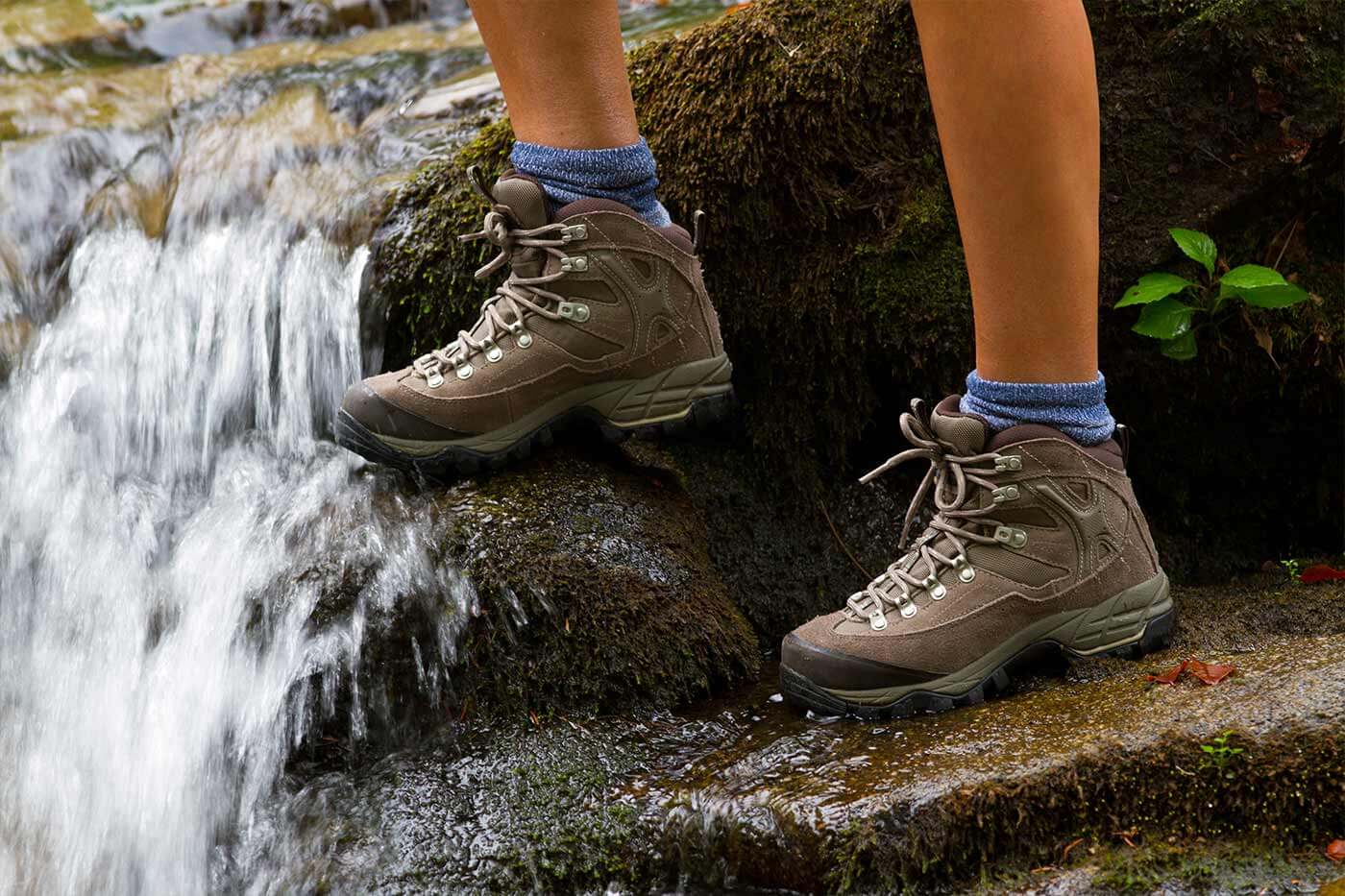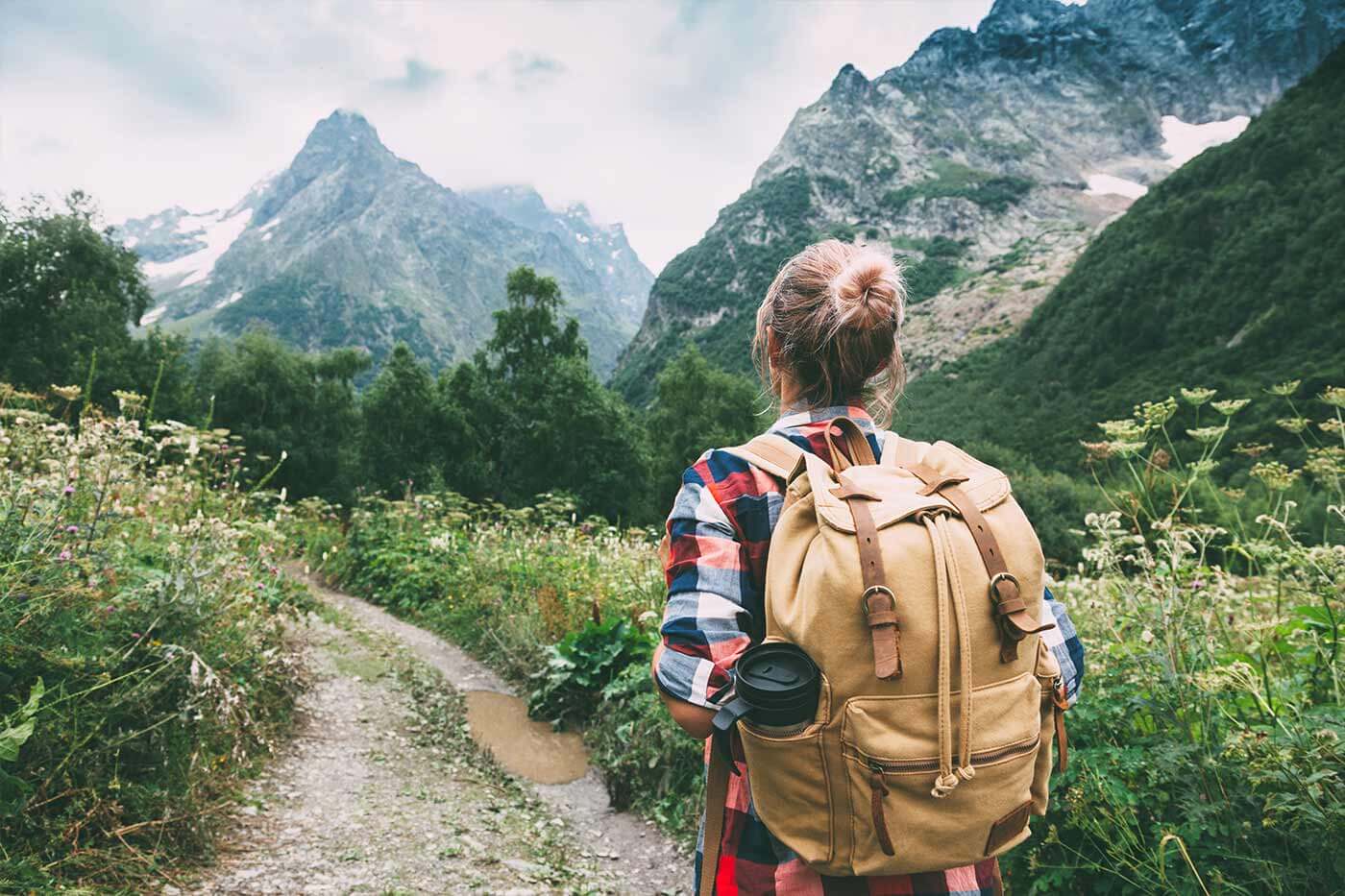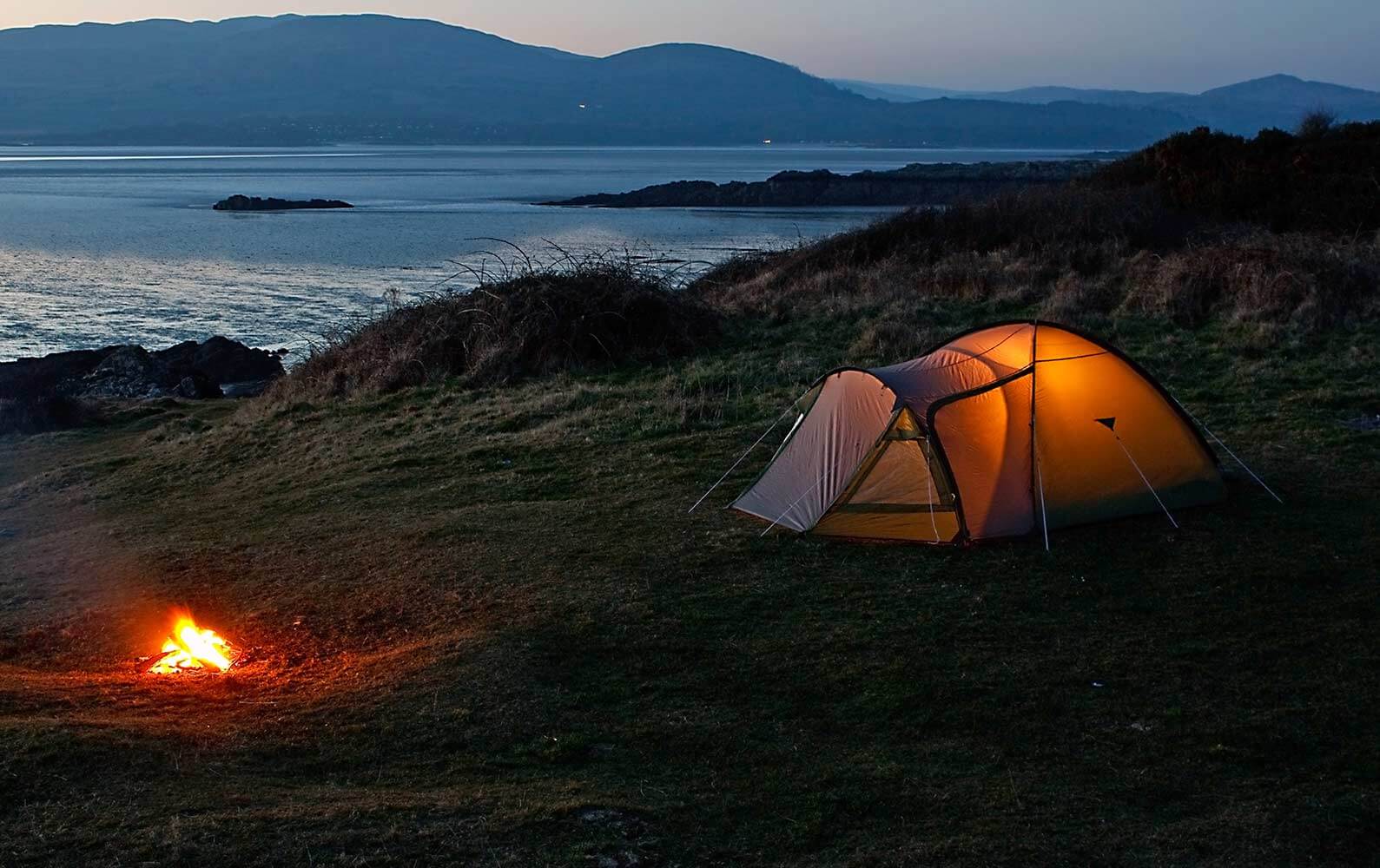Hiking is a wonderful thing. Whether you gather the family, head out with a couple of friends, or stride out solo, spending time connecting with nature is always rewarding. In fact, time spent in nature has been proven to be good for your health and happiness, so get on out there! But not before you’ve read this list!
What you need to take depends heavily on the sort of hiking you will be doing. This list has even the most intrepid back country hiker covered. On less challenging outings, some of these items won’t be necessary. But always err on the side of caution: conditions can change, accidents can happen, and you never know when you might need something. Veteran hikers will tell you how important it is to be fully prepared for any eventuality.
Here’s our (almost) A-Z list of hiking essentials. Let us know in the comments if you have suggestions for the missing letters!
Appropriate clothing: check the forecast and dress/pack accordingly. Light shorts, singlets and ankle socks are good options for the heat. But always pack rain gear and warm gear in case. Warm gear should include thermals, a warm hat, warm socks, good mittens, long pants. Rain gear should include a water proof jacket, and water proof leggings.

Boots: Decent hiking boots are essential for comfort and your safety. Best that they are broken in already, many a blister has come from boots worn straight from the shop onto the trail, it’s so not worth it. On the boot front, sprained ankles have complicated many a hiking trip and can be really dangerous in certain circumstances.
Camp stove: Because man, and woman, should not have to live on nuts and sandwiches alone. If you’re heading out for more than a couple of days get a camp stove and cook yourself something proper. Bring enough gas, too.
Daypack: make sure it’s a pack specifically designed for hiking with plenty of pockets and waterproof compartments. Lugging all this stuff around is tough as it is, don’t make it harder for yourself with a non functional pack. Be sure to adjust the straps to fit you properly, it makes a real difference.
Emergency kit containing: antiseptic wipes; antibacterial ointment; adhesive bandages and adhesive; butterfly bandages; gauze pads; nonstick sterile pads; medical adhesive pads; medical adhesive tape; blister treatment; pain relief medication; insect sting relief; antihistamine; safety pins; tweezers; first aid manual.
Flashlight/Headlamp: Essential if you get caught by darkness before reaching the campsite. Equally essential for answering the call of nature in the middle of the night. Headlamps are the bomb for ease and convenience.
Food Glorious Food: Nut mixes, dried fruit, chocolate and muesli bars make good snacks. OSM of course can cover you for snacks or meal replacement. Pasta, noodles and one pot meals – made with your own supplies or with pre-packaged camping food are all good staples. Bring a day’s extra too, in case you don’t make it to your end destination in time.
Hand sanitiser: Don’t get a stomach bug while you’re hiking. There are enough bugs in nature as it is.
Insect repellent: Very important unless you want to be eaten alive by said bugs.
Jeans: NOT. Jeans are NEVER appropriate hiking gear. While ubiquitous these days they are too heavy, easily bogged down when wet and too hard to dry.
Knife/multi-tool: It’s surprising how often this comes in handy. In certain situations, having a knife or multi-tool can be really important too. Ever seen the film 127 hours?
Lighter/matches: Essential for preparing food, and can save lives in the cold, if it comes to that.

Map & Compass: more reliable than a GPS. Learn how to use them (it’s not too difficult) and try to develop some familiarity with the terrain before you venture out. A route description/guidebook is also recommended.
Personal locator beacon: if you’re hiking in the backcountry, you can’t do without at PLB. Many lives have been saved because cautious hikers invested the money and pack space in one of these.
Quick dry towel: If you have to cross a river, or just want to spend some time in the water, you’ll appreciate the towel. A quick dry version is particularly useful because you don’t have to carry it outside your bag for long before it can be tucked safely away again.
Rubbish bag: Really important. Leaving your trash behind is not an option, and carrying it around loose in your bag is really annoying.
Satellite phone (or cellphone, if there’s coverage): Another potential life saver. Definitely advisable that you carry one of these in backcountry terrain.
Tent/tarpaulin or bivy: To protect yourself from mosquitoes! I mean, the elements!
Toilet paper: Although, leaves and grass aren’t as bad as you might think.
Utensils: You might be in nature but there’s no need to get your hands that dirty.
Very good sun protection: This should involve, at least, a wide-brim hat, sunscreen, lip balm, and sunglasses.
Water: Always take more than you think you’ll need – when you’re walking all day with a heavy pack on your back, you drink more. Funny that.
If you manage to fit all that into your pack, you’re set! Let us know in the comments if you’d add anything to the list, especially if it starts with N, O, X, Y or Z! Happy hiking!






